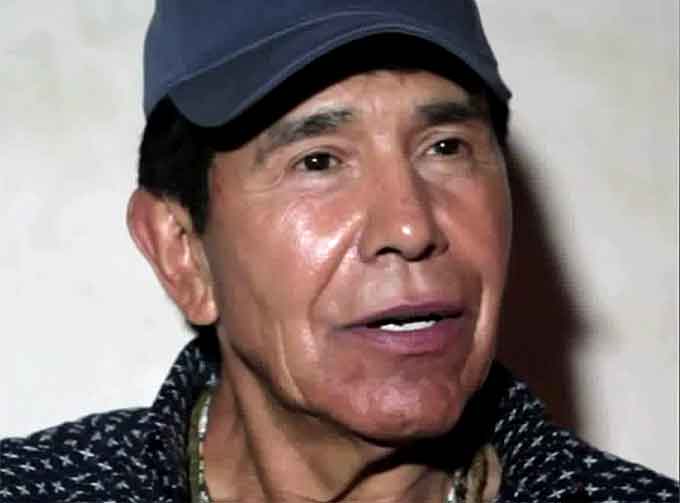
Federal Bureau of Investigation (FBI) Deputy Director David L. Bowdich, Drug Enforcement Administration (DEA) Acting Administrator Robert W. Patterson, U.S. Department of State Deputy Assistant Secretary James Walsh, and U.S. Marshals Service (USMS) Acting Associate Director Derrick Driscoll announced the addition of fugitive Rafael Caro-Quintero to the FBI’s list of “Ten Most Wanted Fugitives” on Friday.
Caro-Quintero is wanted for his alleged involvement in the kidnapping and murder of DEA Special Agent Enrique Camarena Salazar (a.k.a “Kiki”) in 1985.
(Press Event with the Drug Enforcement Administration (DEA), Federal Bureau of Investigations ( FBI), United States Marshals Service (USMS), and Department of State (DOS), courtesy of the DEA and YouTube. Posted on Apr 12, 2018)
Fugitive Rafael Caro-Quintero marks the 518th addition to the “Ten Most Wanted Fugitives” list.
This is the first time a DEA fugitive has been listed on the FBI Top Ten Most Wanted Fugitives List.
In addition, DEA and the U.S. Attorney for the Eastern District of New York announced the unsealing of an additional indictment against Quintero, alleging his role as leader of a continuing criminal enterprise and the individual responsible for the brutal murder of Camarena.
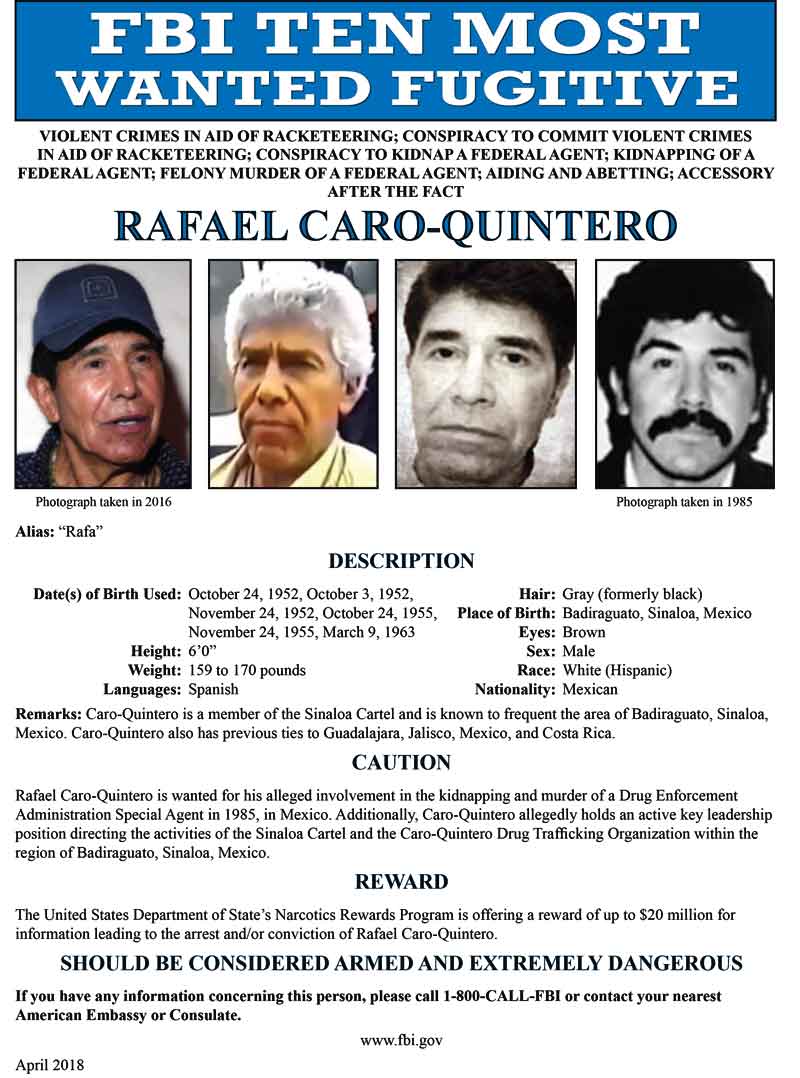
The indictment also details his leadership role in trafficking methamphetamine, heroin, cocaine and marijuana into the United States and elsewhere and reflects his criminal activities from 1980 to 2017. (EDNY Docket No. 15-CO-208(S-2)
On July 30, 1992, a federal arrest warrant was issued by the U.S. District Court, Central District of California, charging Caro-Quintero with:
- Violent crimes in aid of racketeering
- Conspiracy to kidnap a federal agent
- Kidnapping of a federal agent
- Felony murder of a federal agent
- Aiding and abetting, and accessory after the fact
Caro-Quintero had been sentenced to 40 years for the murder in Mexico, but a Mexican judge ordered his release in 2013 and he has since disappeared, evading efforts by U.S. and Mexican authorities to recapture him.
(Mexican authorities have overturned the 1985 conviction of the country’s most notorious cartel king, Rafael Caro Quintero, in the brutal kidnapping and murder of a U.S. Drug Enforcement Agent. Courtesy of CBS News and YouTube. Posted on Aug 9, 2013)
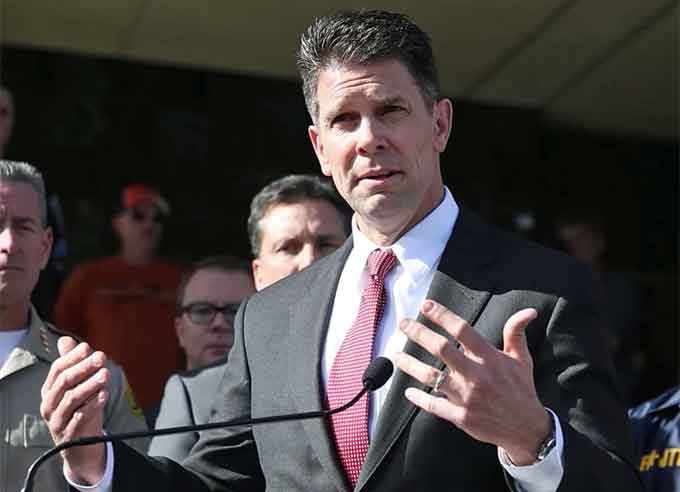
“Together with our federal partners at the DEA, the U.S. Marshals Service, and the U.S. Department of State, we are committed to bring to justice this dangerous criminal and cartel leader responsible for the brutal murder of a DEA Agent,” said FBI Deputy Director Bowdich.
“Special Agent Camarena was devoted to stopping drug trafficking and breaking the cycle of drug-related crime.”
“He showed tremendous courage to pursue the most violent drug traffickers, and it is because of his courage, and his selflessness, that we’re not going to stop looking for Caro-Quintero until we find him and put him back behind bars where he belongs.”
“The DEA is grateful for all of the federal law enforcement agencies that have committed to pursuing Rafael Caro-Quintero until the moment he is captured and returned to his rightful place in prison,” said DEA Acting Administrator Robert W. Patterson.
“‘Kiki’ Camarena holds a special place in our hearts and his sacrifice will always be remembered by the men and women of DEA who carry out our mission every day.”
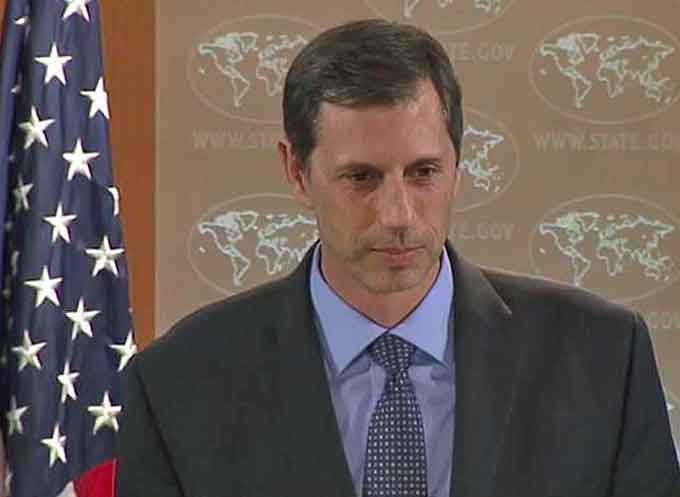
“Our $20 million Narcotics Reward Program offer reflects the State Department’s commitment to the government-wide effort to track down Caro-Quintero,” said James Walsh, Deputy Assistant Secretary, DOS.
“We’re pleased to be using the Reward Program to support this reinvigorated law enforcement effort, and at long last bring this criminal to justice.”
“The U.S. Marshals remain steadfast in the pursuit of justice for our brother, DEA Special Agent “Kiki” Camarena,” said U.S. Marshals Associate Director for Operations Derrick Driscoll.
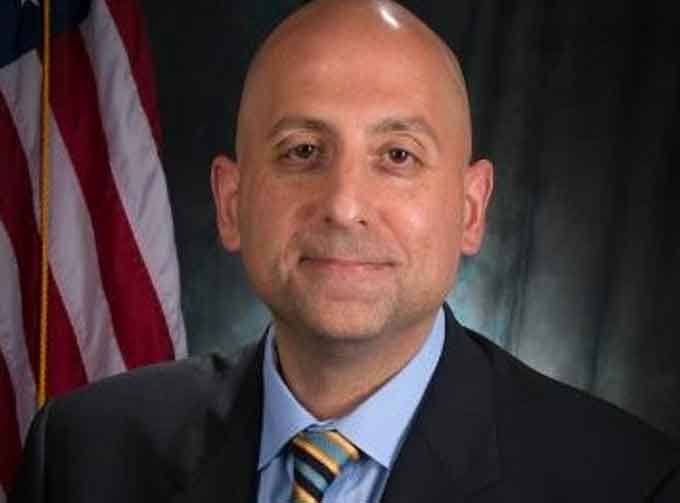
“We will continue to leverage all resources and work with our law enforcement partners here and in Mexico to develop the information that will lead to the capture of Rafael Caro Quintero.”
Caro-Quintero is widely regarded as one of the Mexican “godfathers” of drug trafficking, and helped to form the Guadalajara Cartel in the late 1970s.
Allegedly, he became one of the primary suppliers of heroin, cocaine, and marijuana to the U.S., and was in charge of the cartel in Costa Rica and the U.S./Mexico border.
In November of 1984, Mexican authorities raided a 2,500 acre marijuana plantation owned by Caro-Quintero.
The Guadalajara Cartel blamed Special Agent Camarena for the takedown, and decided to retaliate.
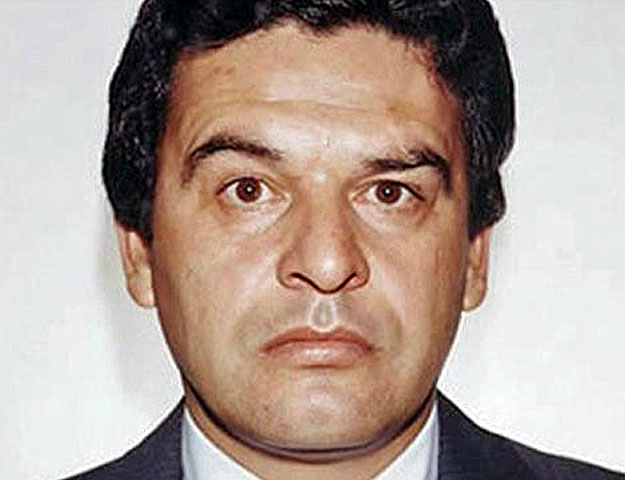
Special Agent Camarena – a former Marine, fireman, police officer, and deputy sheriff – was extremely close to unlocking a million-dollar drug pipeline from Mexico to the U.S. in 1985.
Before he was able to expose the drug-trafficking operations, he was kidnapped en route to lunch with his wife on February 7, 1985, in Guadalajara, Jalisco, Mexico.
Allegedly, the direct orders for the kidnapping came from Caro-Quintero.
Camarena was surrounded by five armed men who threw him into a car, then sped away.
It is believed that Camarena died within two to three days of his kidnapping, but his body was not found until March 5, 1985. Special Agent Camarena is survived by his wife and three sons.
The Department of State’s Narcotics Rewards Program is offering a reward of up to $20 million for information leading to the arrest and/or conviction of Rafael Caro-Quintero.
Anyone with information concerning Caro-Quintero should take no action themselves, but should immediately contact the nearest U.S. Embassy or Consulate.
(Rafael Caro-Quintero, a Mexican cartel leader wanted for his role in the murder of a DEA special agent in 1985, has been named to the FBI’s Ten Most Wanted Fugitives list. A reward of up to $20 million is available for information leading to his arrest and/or conviction. Courtesy of the FBI and YouTube. Posted on Apr 12, 2018)
Caro-Quintero is described as follows:
-
Name: Rafael Caro-Quintero, a.k.a. “Rafa”
-
Dates of Birth Used: October 24, 1952; October 2, 1952; November 24, 1952; October 24, 1955; November 24, 1955; March 9, 1963
-
Height: 6’0”
-
Weight: Approximately 159 to 170 pounds
-
Place of Birth: Badiraguato, Sinaloa, Mexico
Rafael Caro-Quintero replaces Jesus Roberto Munguia on the “Ten Most Wanted Fugitives” list.
The FBI’s “Ten Most Wanted Fugitives” list was established in March of 1950. Since then, 484 fugitives have been apprehended or located – 162 of them as a result of citizen cooperation.
Caro-Quintero is believed to be in hiding in Mexico.
He should be considered armed and extremely dangerous.
If you have information regarding the fugitive, call 1-800-CALL-FBI (1-800-225-5324), contact the nearest U.S. Embassy or Consulate, or submit a tip online at https://tips.fbi.gov.
The DEA holds an annual Red Ribbon Campaign, honoring Special Agent Enrique “Kiki” Camarena, which is officially celebrated nationally from October 23-31; however, communities and school districts nationwide hold events throughout the month.
The Red Ribbon Campaign is dedicated to helping to preserve Special Agent Camarena’s memory and further the cause for which he gave his life – the fight against the violence of drug crime and the misery of addiction.
By gathering together in special events and wearing red ribbons during the last week in October, Americans from all walks of life demonstrate their opposition to drugs.
(The Life and Legacy of Enrique Kiki Camarena. Courtesy of the Camarena Foundation and YouTube. Posted on Oct 3, 2011)
Red Ribbon Week started as a local effort in Camarena’s hometown of Calexico, California, when former Congressman Duncan Hunter (R-CA) and Camarena’s high school friend, Henry Lozano, created Camarena Clubs to keep Kiki’s memory alive.
The National Family Partnership turned Red Ribbon Week into a national drug awareness campaign, an eight-day event proclaimed by the U.S. Congress and chaired by then President and Mrs. Reagan.
Approximately 80 million people participate in Red Ribbon events every year.
To learn more, visit www.campusdrugprevention.gov/psacontest.
DEA is also a co-sponsor to the National Family Partnership’s Annual Red Ribbon Photo Contest. For more information, go to www.RedRibbon.org.
For a toolkit with Red Ribbon materials and more information, visit the Red Ribbon Campaign page on www.dea.gov.
Resolution of the United States Congress
The U.S. House of Representatives recently introduced a resolution to mark the significance of Red Ribbon Week.
The Congressional proclamation, offered by U.S. Reps. Ann McLane Kuster and Tom MacArthur, reads as follows:
Supporting the goals and ideals of Red Ribbon Week during the period of October 23 through October 31, 2017.
- Whereas the Red Ribbon Campaign was started to commemorate the service of Enrique “Kiki” Camarena;
- Whereas on February 7, 1985, Drug Enforcement Administration (DEA) Special Agent Camarena was leaving his Guadalajara office to meet his wife for lunch when four individuals forced him inside a car and sped off;
- Whereas Special Agent Camarena was subsequently tortured at length and then murdered by members of the local drug cartel;
- Whereas the Red Ribbon Campaign was officially started by the National Family Partnership in 1988 to preserve the memory of Special Agent Camarena and further the cause for which he gave his life;
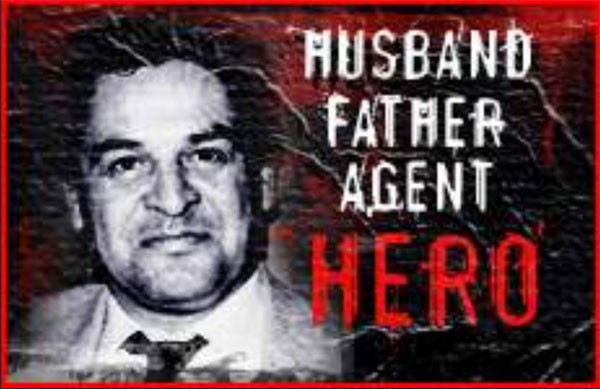
- Whereas the Red Ribbon Campaign is the most longstanding drug prevention program, bringing drug awareness to millions of people in the United States each year;
- Whereas State Governors and attorneys general, the National Family Partnership, parent teacher associations, Boys and Girls Clubs of America, Young Marines, the Drug Enforcement Administration, and hundreds of other organizations throughout the United States annually celebrate Red Ribbon Week during the period of October 23 through October 31;
- Whereas the objective of Red Ribbon Week is to promote the creation of drug-free communities through drug prevention efforts, education programs, parental involvement, and community-wide support;
- Whereas reducing the demand for controlled substances would curtail lethal addictions and overdoses;
- Whereas reducing the demand for controlled substances would reduce the violence associated with drug trafficking, including but not limited to murders and torture;
- Whereas according to the National Survey on Drug Use and Health, in 2016 an estimated 28,600,000 Americans, or 10.6 percent of the population aged 12 and older, used illicit drugs within the past month;
- Whereas drug abuse is one of the major challenges to securing a safe and healthy future for people and families in the United States;
- Whereas drug abuse and alcohol abuse contribute to domestic violence and sexual assault and place children at risk;
- Whereas although public awareness of illicit drug use is increasing, emerging drug threats and growing epidemics demand attention, with particular focus on the nonmedical use of prescription drugs and synthetic drugs;
- Whereas the majority of teenagers abusing prescription drugs get the drugs from family, friends, and the home medicine cabinet;
- Whereas the Drug Enforcement Administration will host a National Take Back Day on October 28, 2017, for the public to safely dispose of unused or expired prescription drugs that can lead to accidental poisoning, overdose, and abuse;
- Whereas synthetic drugs, including those popularly known as “K2” or “Spice”, have acknowledged dangerous health effects and have become especially popular among teens and young adults;
- Whereas in 2015, poison centers across the United States responded to approximately 7,779 calls related to synthetic drugs;
- Whereas the number of people reporting current heroin use nearly tripled between 2007 (161,000) and 2016 (475,000), according to the annual National Survey on Drug Use and Health (NSDUH);
- Whereas fentanyl and its analogues have been devastating communities and families at an unprecedented rate;
- Whereas according to the DEA National Forensic Laboratory Information System (“NFLIS”), from January 2013 through December 2016, a total of 50,440 fentanyl reports were identified by Federal, State, and local forensic laboratories;
- Whereas the presence of fentanyl has also posed a hazard to police officers and agents;
- Whereas the 2016 National Survey on Drug Use and Health data revealed approximately 584,000 adolescents had a marijuana use disorder; and
- Whereas parents, young people, schools, businesses, law enforcement agencies, religious institutions and faith-based organizations, service organizations, senior citizens, medical and military personnel, sports teams, and individuals throughout the United States will demonstrate their commitment to healthy, productive, and drug-free lifestyles by wearing and displaying red ribbons during this week-long celebration:
Now, therefore, be it Resolved, That the House of Representatives—(1)
- Supports the goals and ideals of Red Ribbon Week
- Encourages children, teens, and other individuals to choose to live drug-free lives, and
- Encourages the people of the United States to promote the creation of drug-free communities and to participate in drug prevention activities to show support for healthy, productive, and drug-free lifestyles.


















